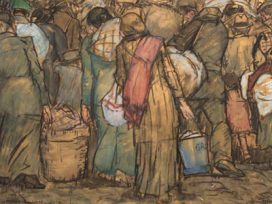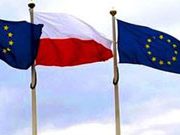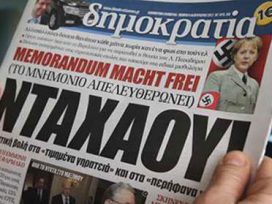
Although migration has a long and varied history in Europe, it tends to be treated solely as a present-day issue. Why the reluctance to historicize the subject? Particularly since migration history offers a way to replace narrow, national narratives with one that is properly European.




